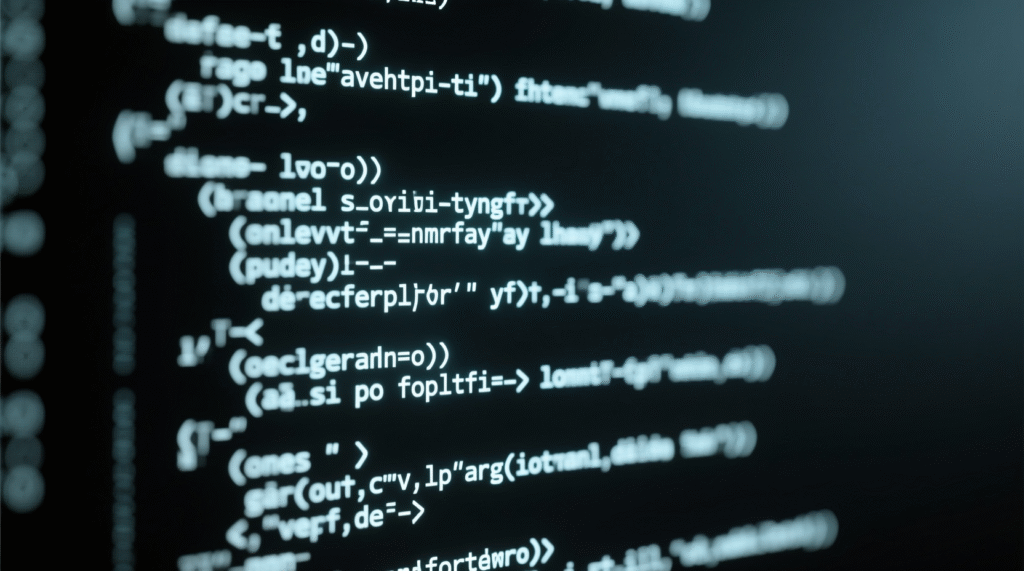A security update on the Shibarium bridge, published by Shiba Inu developer Kaal Dhairya, included a detailed FAQ section that took direct ownership of shortcomings in the project’s initial validator setup and key management.
Key Points:
- Team Accepts Responsibility: The update states “ultimate responsibility for key management sits with the project’s operational leadership.”
- Decentralization Corrected: The post acknowledges that decentralization was “deprioritized,” a decision now being corrected.
- Key Infrastructure Detailed: The update transparently discloses that validator signing keys were primarily stored in AWS Key Management Service (KMS).
Accountability for Key Management and Security
The FAQ section of the recent “Shibarium Bridge Security Update” provides a direct account of the validator compromise. It addresses the question of responsibility by stating, “Ultimate responsibility for key management sits with the project’s operational leadership, and we’re reviewing contrоls, processes, and custody to ensure this cannot recur.”
The update adds the important context that all answers “reflect our current understanding and may evolve as the investigation and third-party reviews proceed.” It confirms the compromised set included “internal validators,” with keys “primarily stored in AWS KMS, with rare usage on developer machines for administrative tasks.”
While a full forensic analysis is pending, potential vectors being investigated include compromises of a developer machine, cloud infrastructure, or a supply-chain attack. In a further move toward transpаrency, the update also detailed the operational specifics of these validators, noting they had approximately “10,000 BONE self-delegation per validator” and that the “Rewards were never withdrawn or used.”
Related: Kusama Reveals Details Of New AI Product in Recent Livestream
Commitment to Stronger Decentralization
The post directly confronts the lack of validator decentralization, affirming that the incident “exposes decentralization shortcomings.” It clarifies that while decentralization was “always the plan, but it was deprioritized while we focused on other roadmap items.”
Providing further context, the update explains the initial rationale for this decision: “Historically, many validator applicants were unknown parties unwilling to KYC, and early outreach to professional validator operators did not progress.”
Related: Shiba Inu Secures Victory on CoinGecko with New Page Update
This led the team to use internal validators for perceived safety—a choice the post now identifies as a “judgment that was wrong, and we are correcting it.” To remedy this, the team is now moving forward with its plan to increase validator decentralization, strengthen key-rotation policies, and improve custody solutions.
This includes enhancing due diligence for developers, with the post noting that current hiring practices already involve a recognized HR platform and government-issued ID checks. The update concludes by affirming the team’s priorities remain unchanged: “protect users, secure the network, contain the attacker, and restore sеrvices safely.”












